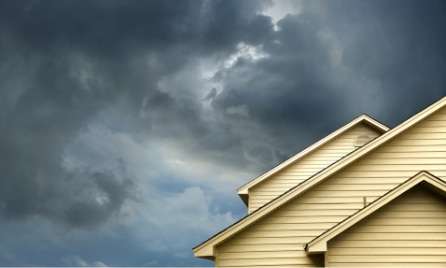Australia can experience multiple cyclones every year. Cyclones typically occur between November and April according to the Australian Bureau of Meteorology, and can produce winds greater than 200km per hour, hail, flooding rains, lightning, and storm surge.
These events can be devastating to communities. Preparing your home as recommended by your state emergency service can reduce the damage to your property and help protect you from the financial and emotional impact of cyclones.
In the event of severe weather, please stay safe and keep track of the latest updates via the You can also check instructions from your local safety authorities.
Emergency claims assistance.
For emergency claims assistance, please call us on 1300 655 032.
Make an online claim.
If severe weather impacts you, you can make a claim anytime via My Insurance Portal.
Disaster Recovery Allowance – Federal Government.
The Federal Government has activated financial support for communities directly affected by ex-Tropical Cyclone Alfred through the Disaster Recovery Allowance.
This allowance offers up to 13 weeks of income support. Full eligibility criteria and the application process can be found on the Natural Disaster Website.
Hardship Grants available – QLD Government.
Hardship grants are available for Redland, Gold Coast and Logan residents impacted by ex-Tropical Cyclone Alfred. Find out more on the
QLD Government information.
NSW Government information.
Watching out for scams.
What to do if you suspect you have been sent a scam message.
We value our customers and their privacy, which is why we encourage you to be alert for potential scam messages that might be sent to you using our Everyday Insurance name.
It is always ok to end communication with someone if you think they might be trying to scam you. You can do this by ending the phone call or deleting an SMS or email without responding to it.
If you think you might have provided your personal information to a scammer or have given them your financial information, we strongly encourage you to report this to the as a priority.
Scamwatch also provides information about how to recognise a scam and what to do if you, or a loved one, have been scammed.
